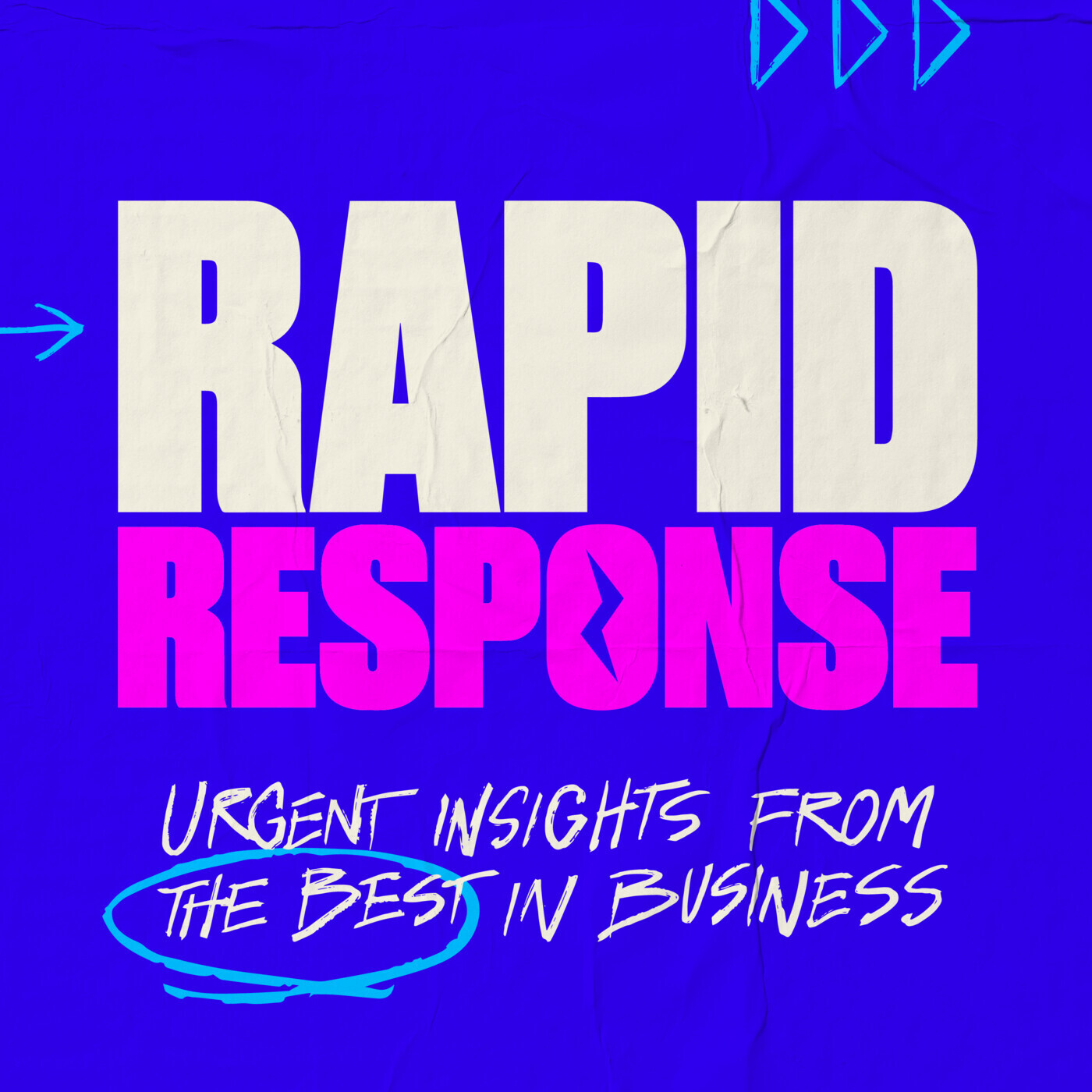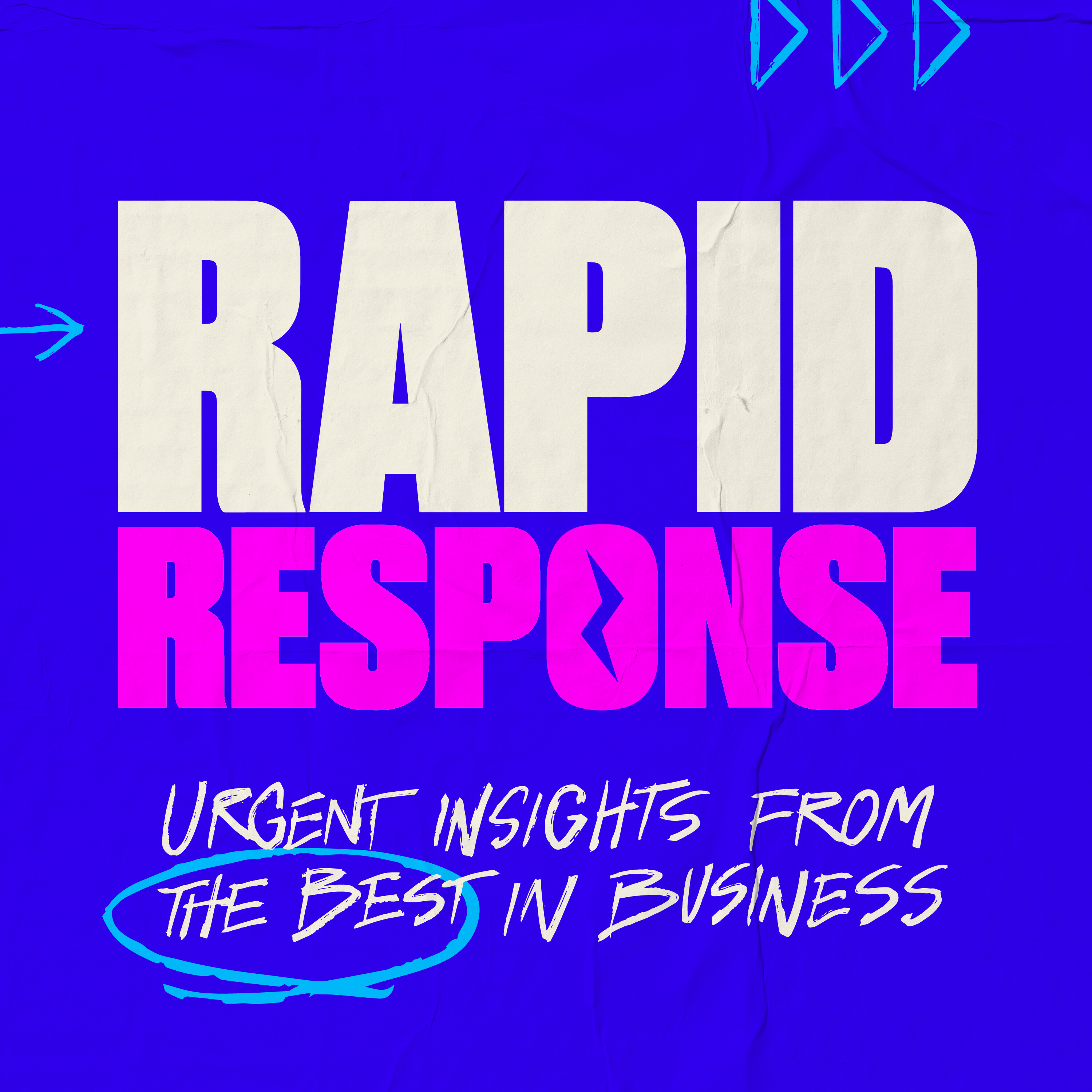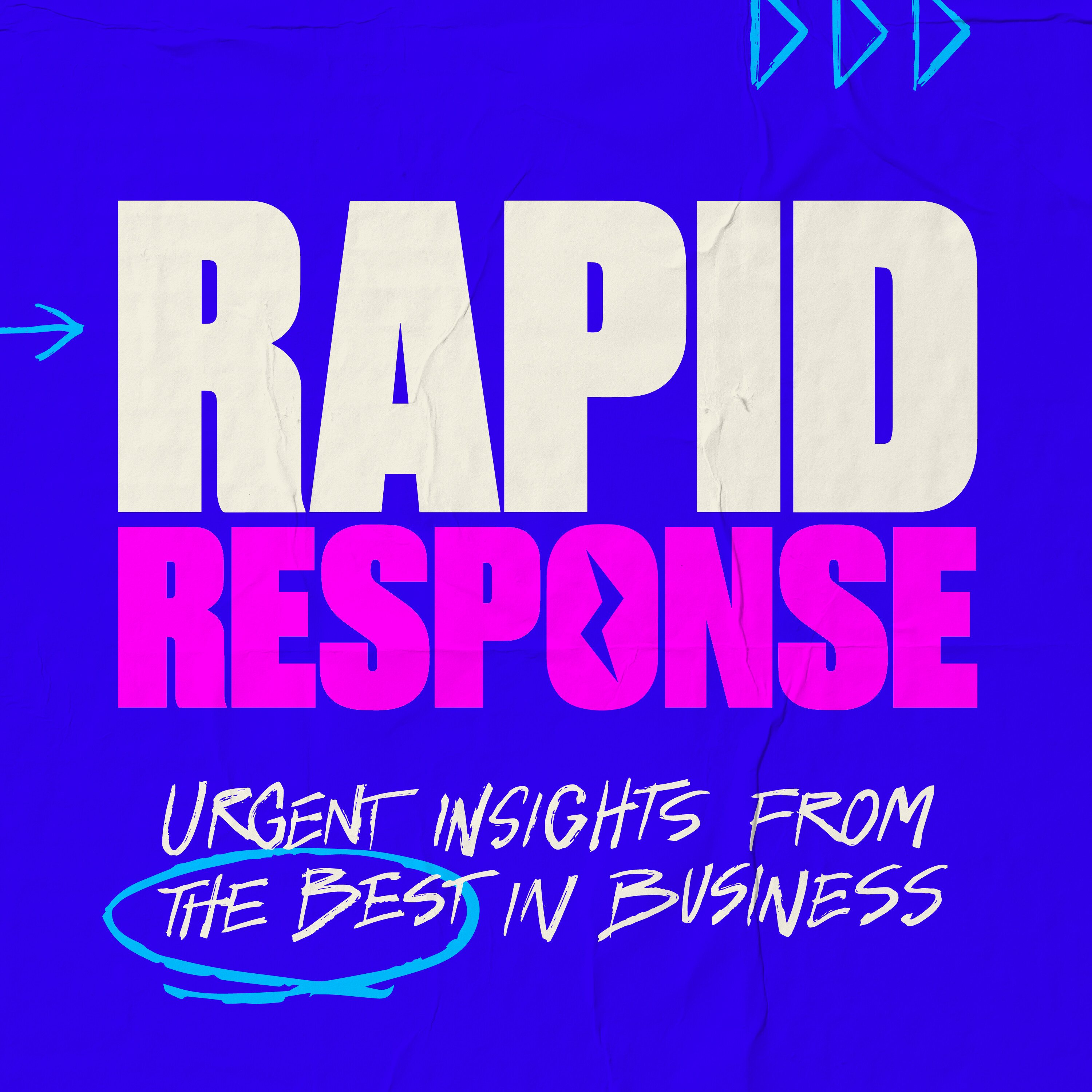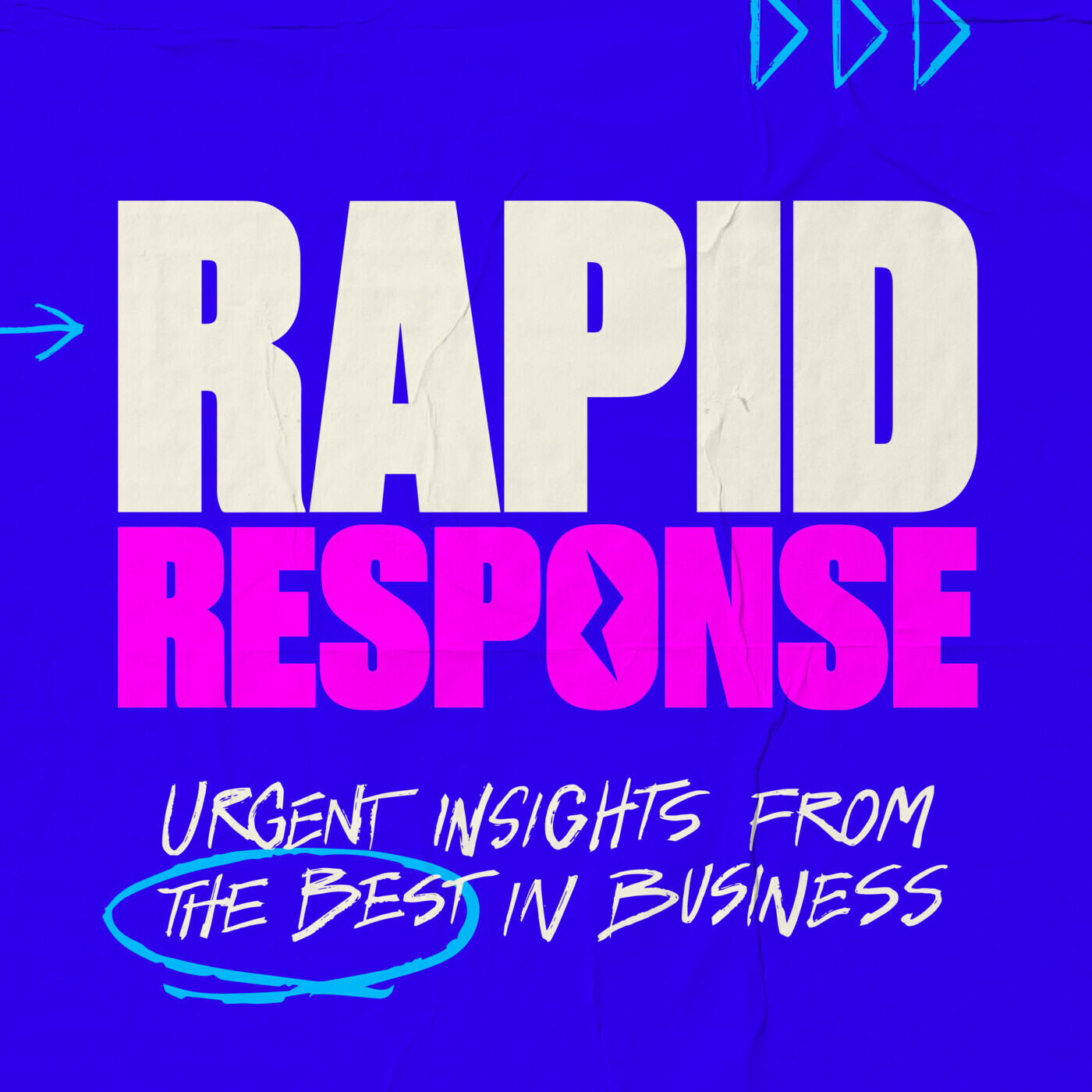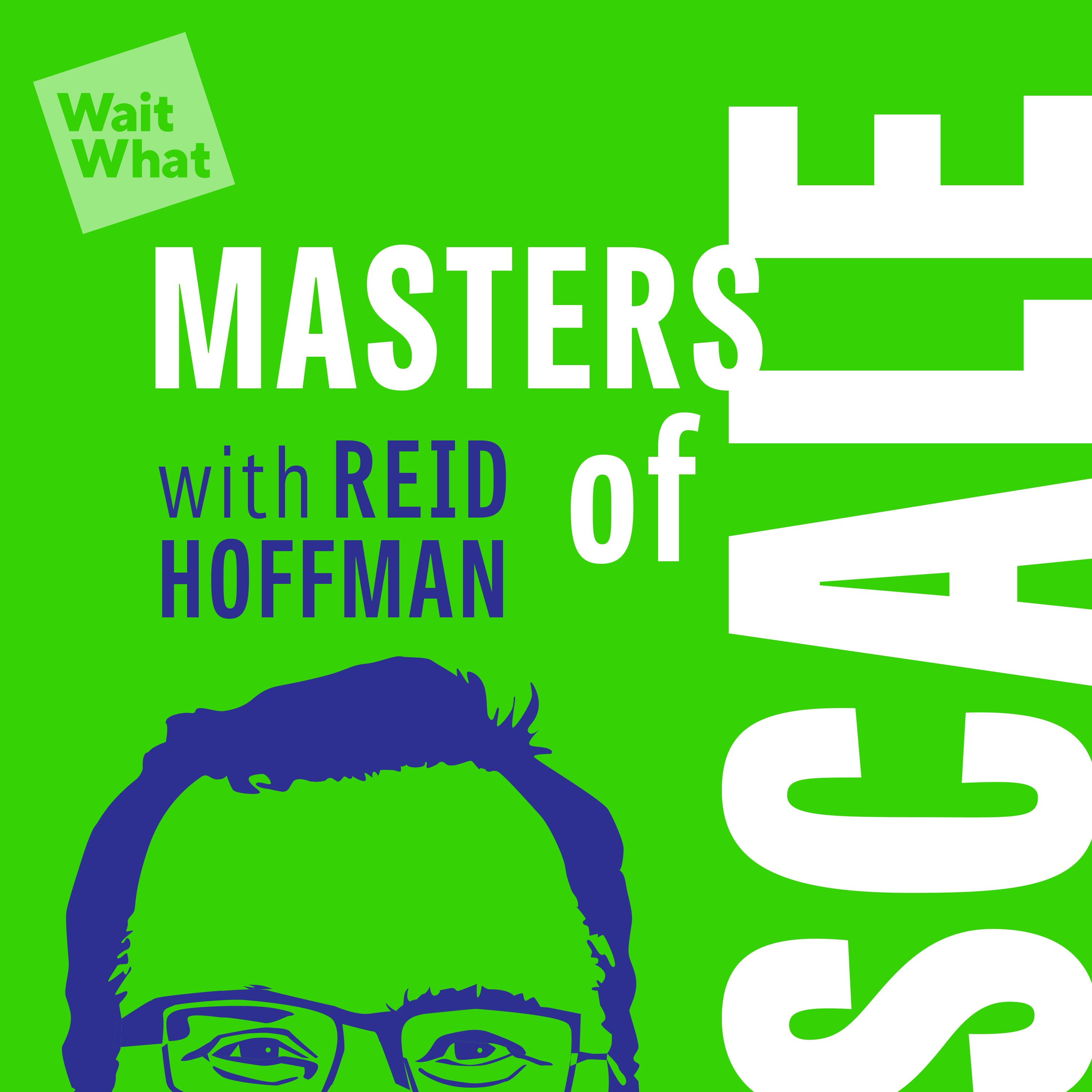
January 2, 2025 • 33min
The science of fresh starts, with change expert Katy Milkman
Masters of Scale

Key Takeaways
- Fresh starts provide temporary motivation boosts but need additional tools to sustain long-term change
- Pre-mortem planning - identifying potential obstacles before starting - is critical for successful behavior change
- Major barriers to change include impulsivity, procrastination, laziness, lack of confidence, and social conformity
- Effective plans need specific "if-then" statements detailing exactly when, where and how goals will be pursued
- Making goal pursuit enjoyable is more effective than pushing through pain or discomfort
- Breaking large goals into smaller chunks increases motivation through the "goal gradient effect"
- Organizational change requires both persuasion skills and tools to support sustained behavior change
Introduction
Katie Milkman, behavioral scientist, Wharton professor and bestselling author of "How to Change," joins host Jeff Berman to discuss science-backed strategies for making lasting personal and organizational changes. As a leading expert in behavior change, Milkman shares insights from her research on how to effectively set and achieve goals through understanding human psychology and decision-making patterns.
Topics Discussed
Background and Path to Behavioral Science (04:07)
Milkman shares how she discovered behavioral science during her PhD studies and became fascinated by how humans make predictable mistakes in decision-making. A key moment came when she learned that 40% of premature deaths are due to changeable behaviors, inspiring her to focus on using behavioral science to improve lives.
- Initial interest sparked by seeing herself in behavioral economics models
- Pivotal realization about impact of daily decisions on mortality
- Shifted focus from pure research to practical applications
Understanding Fresh Starts (09:49)
Fresh starts are temporal landmarks that feel like chapter breaks in our lives, providing motivation for change. However, their effectiveness has important limitations.
- Key fresh start moments: New Year's, Mondays, start of months, birthdays
- "January 1st is no more different from December 31st than December 31st is from December 30th"
- Best uses: One-time decisions like setting up automatic savings
- Limitations: Only provide temporary motivation boost
Barriers to Change (12:32)
Milkman outlines the major obstacles that prevent successful behavior change and emphasizes the importance of identifying them through "pre-mortem" planning.
- Impulsivity: Prioritizing immediate rewards over long-term benefits
- Procrastination: Delaying important actions
- Laziness: Taking path of least resistance
- Confidence issues: Not believing in ability to change
- Social conformity: Being influenced by peers' behaviors
Effective Planning Strategies (15:17)
Successful behavior change requires detailed planning beyond just setting goals. Milkman emphasizes the importance of specific implementation strategies.
- Detailed "if-then" plans specifying exact times, locations, and methods
- Making goals enjoyable rather than purely disciplinary
- "If you find it miserable to pursue your goal...you will quit very quickly"
- Consider logistics like transportation and scheduling
Organizational Change and Leadership (22:30)
Leaders can implement systematic nudges and strategies to drive organizational change and improve team productivity.
- Calendar defaults for deep work time
- Breaking large goals into weekly targets
- Goal gradient effect: People work harder as they get closer to goals
- "We're more motivated when we get close to a goal"
Driving Change from Below (25:40)
Milkman discusses strategies for implementing change when not at the top of an organization.
- Focus on persuasion before implementation
- Leverage social proof by highlighting early adopters
- Make changes easy for decision-makers to approve
- Provide complete implementation plans
Diversity and Organizational Change (30:48)
Research shows specific strategies can help organizations achieve diversity goals more effectively.
- Batch hiring leads to more diverse outcomes than individual hires
- Set-based decisions naturally consider team composition
- Focus on team-level diversity rather than individual characteristics
Personal Change Example (32:31)
The episode concludes with a powerful personal story about smoking cessation combining multiple behavior change principles.
- Accountability partners can motivate change
- Combined incentives: Both positive and negative reinforcement
- Tangible rewards help maintain motivation
- Social support increases likelihood of success
Conclusion
The episode provides a comprehensive framework for understanding and implementing both personal and organizational change. Key success factors include detailed planning, understanding obstacles, making changes enjoyable, and leveraging social dynamics. While fresh starts provide initial motivation, sustained change requires additional tools and strategies backed by behavioral science. The discussion emphasizes that all change is harder than expected, but proper preparation and evidence-based approaches can significantly improve success rates.

